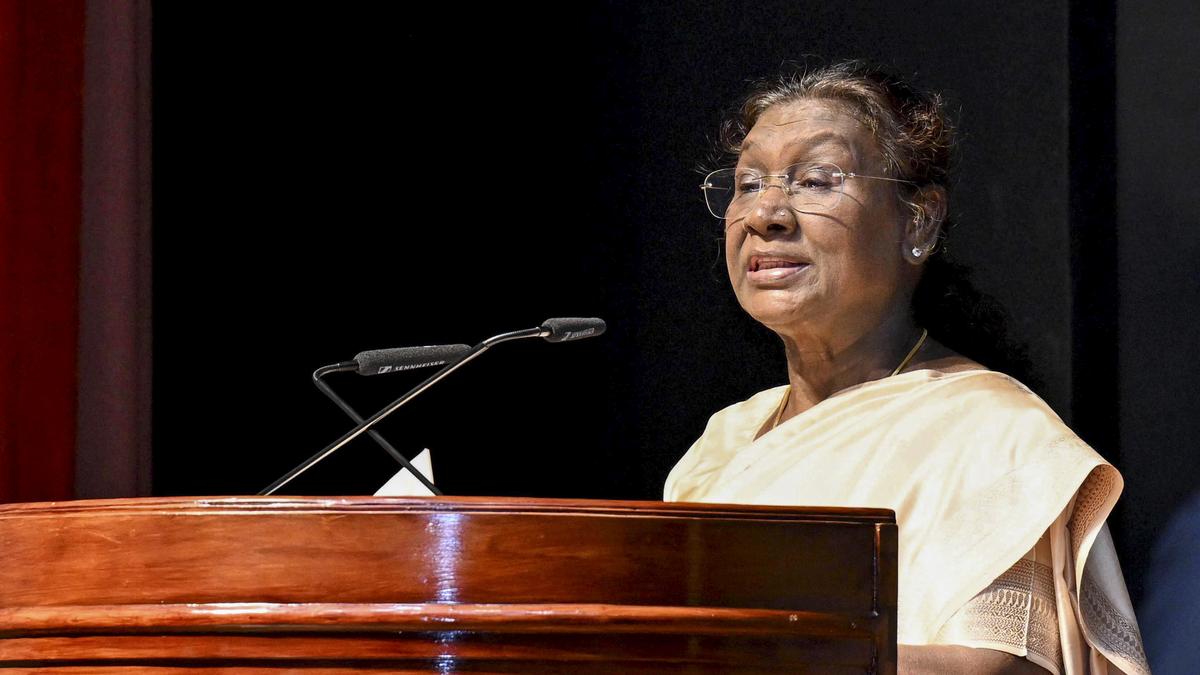Now Reading: Supreme Court to Examine President and Governor’s Powers on July 22
-
01
Supreme Court to Examine President and Governor’s Powers on July 22
Supreme Court to Examine President and Governor’s Powers on July 22

Fast Summary
- The Supreme Court will hear a Presidential reference on July 22 questioning judicial authority to impose timelines and rules for Governors and the President while handling State Bills under Articles 200 and 201 of the Constitution.
- A Constitution Bench comprising Chief Justice B.R. Gavai and Justices Surya Kant, Vikram Nath, P.S. Narasimha, and A.S. chandurkar will hear the case.
- The reference stems from an April 8 judgment where a two-judge Bench ruled that Tamil Nadu’s Governor had acted illegally by delaying assent to Bills, invoking Article 142 to deem assent was granted for those Bills without direct approval.
- Key constitutional queries raised include:
– Can judicial orders dictate time limits or procedures for Presidential/Governor decisions under Articles 200/201?
– Is “deemed” assent constitutionally valid?
– Are such actions justiciable before Bills become law?
– Can article 142 override substantive constitutional provisions?
- Further questions were raised about whether two judges can interpret constitutional matters of significant importance without referring such issues to a five-judge bench as prescribed by Article 145(3).
—
Indian Opinion Analysis
This Presidential reference highlights an significant constitutional debate regarding the separation of powers between judiciary, executive authorities (President/Governors), and legislature in India’s federal framework. Judicial intervention in delays concerning assents is rooted in ensuring democratic processes are not obstructed but raises concerns about judicial overreach under provisions like Article 142-used here to provide deemed assent.
The reference touches upon broader implications for governance accountability when executing discretionary functions enshrined in Articles 200/201 while also exploring how immunity clauses like Article 361 interact with existing checks-and-balances principles. Furthermore,clarity on procedural adherence involving multi-bench rulings could streamline interpretation consistency regarding high-stakes Constitutional debates moving forward.
This case could set crucial precedents affecting future handling of legislative processes at both State and Central levels within India’s complex federal system.






















